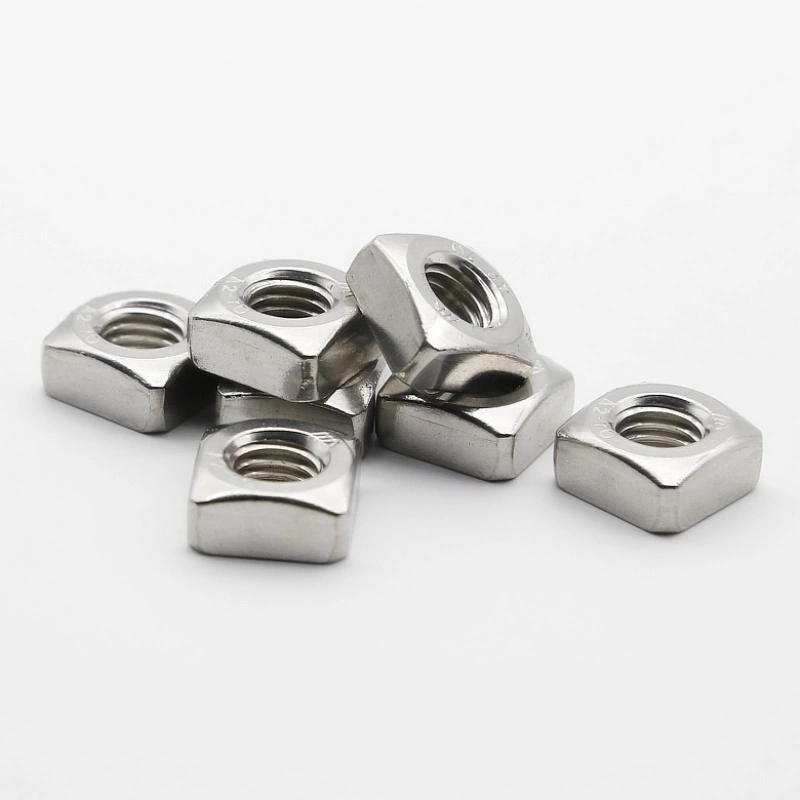

Washer options suitable for 5/16 inch bolts in various materials and sizes
Nov . 09, 2024 18:11 Back to list
Washer options suitable for 5/16 inch bolts in various materials and sizes
Understanding Washers for 5/16 inch Bolts A Comprehensive Guide
When it comes to fastening mechanisms, the seemingly simple washer plays a vital role in ensuring the reliability and longevity of mechanical assemblies. For those working with 5/16 inch bolts, understanding washers is crucial for achieving optimal performance in various applications. This article delves into the details of washers suited for 5/16 inch bolts, exploring their types, materials, applications, and installation considerations.
What is a Washer?
A washer is a thin, flat piece of material, typically made from metal or plastic, that is used to distribute load under a bolt or nut. Its primary purpose is to prevent damage to the surface being fastened, reduce friction, and enhance sealing properties. In the context of 5/16 inch bolts, the appropriate washer size and type can significantly impact the effectiveness of the fastening assembly.
Types of Washers
1. Flat Washers The most common type, flat washers are used to increase the bearing surface and prevent the bolt head or nut from pulling through the material. For 5/16 inch bolts, flat washers are essential in applications where even distribution of load is necessary.
2. Lock Washers These are designed to prevent loosening due to vibration and movement. They come in various forms, such as split lock washers and tooth lock washers. Using a lock washer with a 5/16 inch bolt can be particularly beneficial in high-vibration environments like automotive or machinery applications.
3. Fender Washers Larger in diameter than standard flat washers, fender washers provide a greater surface area under the bolt. They are commonly used where the material being fastened is thin and could be damaged by standard washers.
4. Seal Washers These washers have an integrated rubber or silicone seal that acts as a barrier against moisture and contaminants. Seal washers are particularly useful in applications involving electronics or plumbing, ensuring that the connection remains watertight.
Materials for Washers
Washers for 5/16 inch bolts can be made from a variety of materials, each offering unique benefits
- Steel Often galvanized or stainless steel, these materials provide high strength and durability. Stainless steel washers are particularly resistant to corrosion, making them suitable for outdoor or humid conditions.
- Plastic Plastic washers are non-conductive and resistant to corrosion, making them ideal for electrical applications. They are also lightweight, which can be advantageous in certain setups.
washer for 5 16 bolt

- Brass Known for its excellent corrosion resistance and aesthetic appeal, brass washers can be used in both practical and decorative applications
.Applications of 5/16 inch Bolts with Washers
The combination of 5/16 inch bolts and the suitable washers is prevalent in numerous industries
- Construction Used in structural steel assemblies and framing where securing large components is essential.
- Automotive Critical in engine mounts and other parts where vibration and movement are common.
- Electronics In appliances and devices where a robust fastening is required without risk of short-circuiting.
Installation Considerations
When installing washers with 5/16 inch bolts, several factors should be considered
1. Choosing the Right Washer It is essential to select the type and material of washer that matches the specific application requirements.
2. Torque Settings Proper torque is vital to ensure that the bolt is secured without over-tightening, which can lead to material failure.
3. Surface Preparation Ensuring that the surfaces being fastened are clean and free of debris can enhance the effectiveness of the washer and bolt assembly.
Conclusion
Understanding the role and selection of washers for 5/16 inch bolts is crucial for anyone involved in construction, automotive, or mechanical projects. By selecting the appropriate washer type and material, users can ensure better load distribution, prevent loosening, and improve the overall reliability of their assemblies. Whether you are a DIY enthusiast or a seasoned professional, paying attention to these details can lead to a more successful outcome in your fastening tasks.
Latest news
-
High-Strength Hot Dip Galvanized Bolts - Hebei Longze | Corrosion Resistance, Customization
NewsJul.30,2025
-
Hot Dip Galvanized Bolts-Hebei Longze|Corrosion Resistance&High Strength
NewsJul.30,2025
-
High-Strength Hot-Dip Galvanized Bolts-Hebei Longze|Corrosion Resistance&High Strength
NewsJul.30,2025
-
Hot Dip Galvanized Bolts-Hebei Longze|Corrosion Resistance&High Strength
NewsJul.30,2025
-
Hot Dip Galvanized Bolts - Hebei Longze | Corrosion Resistance, High Strength
NewsJul.30,2025
-
High-Strength Hot Dip Galvanized Bolts-Hebei Longze|Corrosion Resistance, Grade 8.8
NewsJul.30,2025

